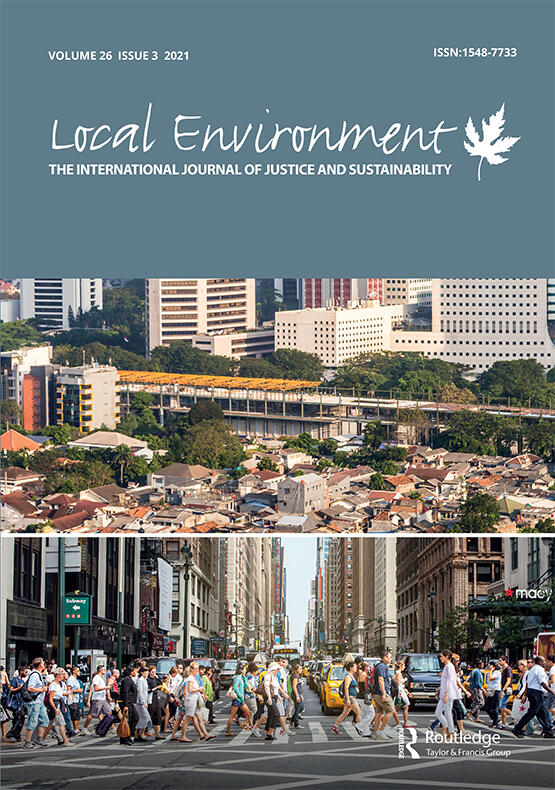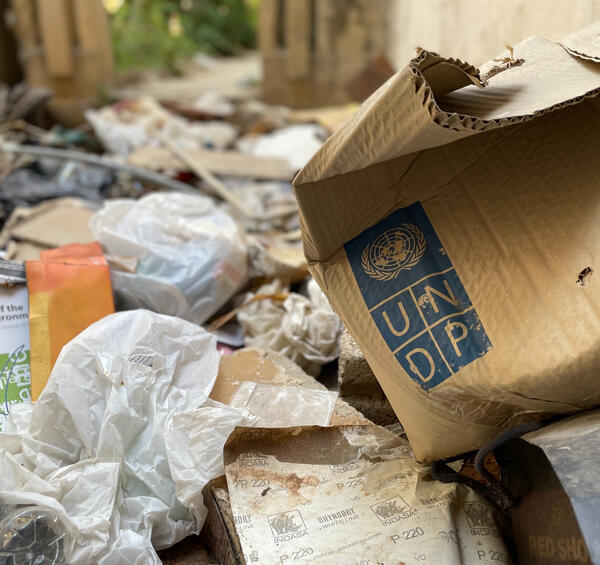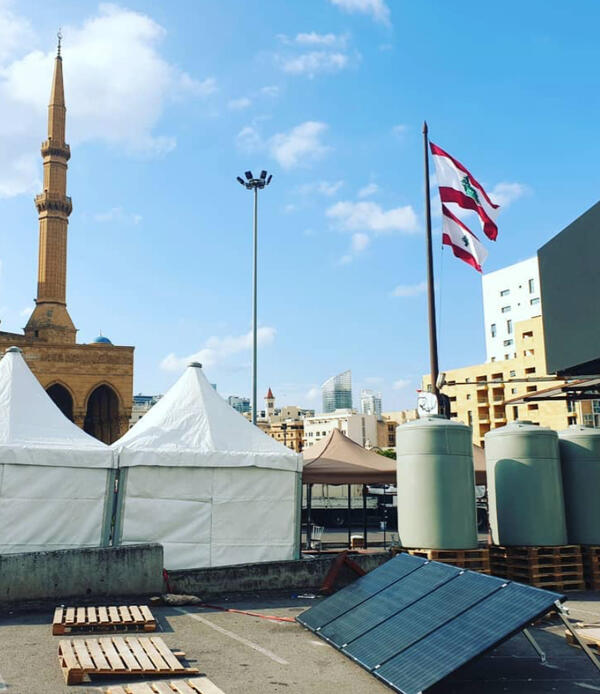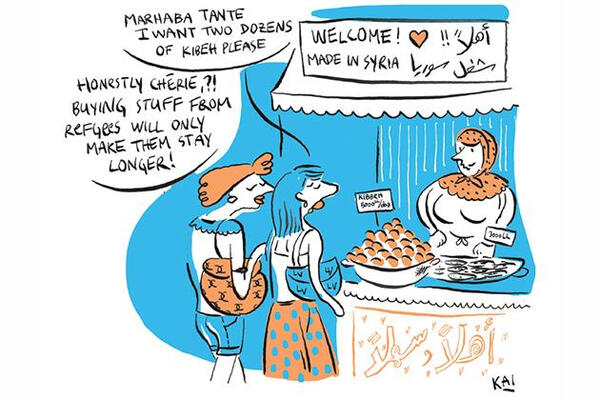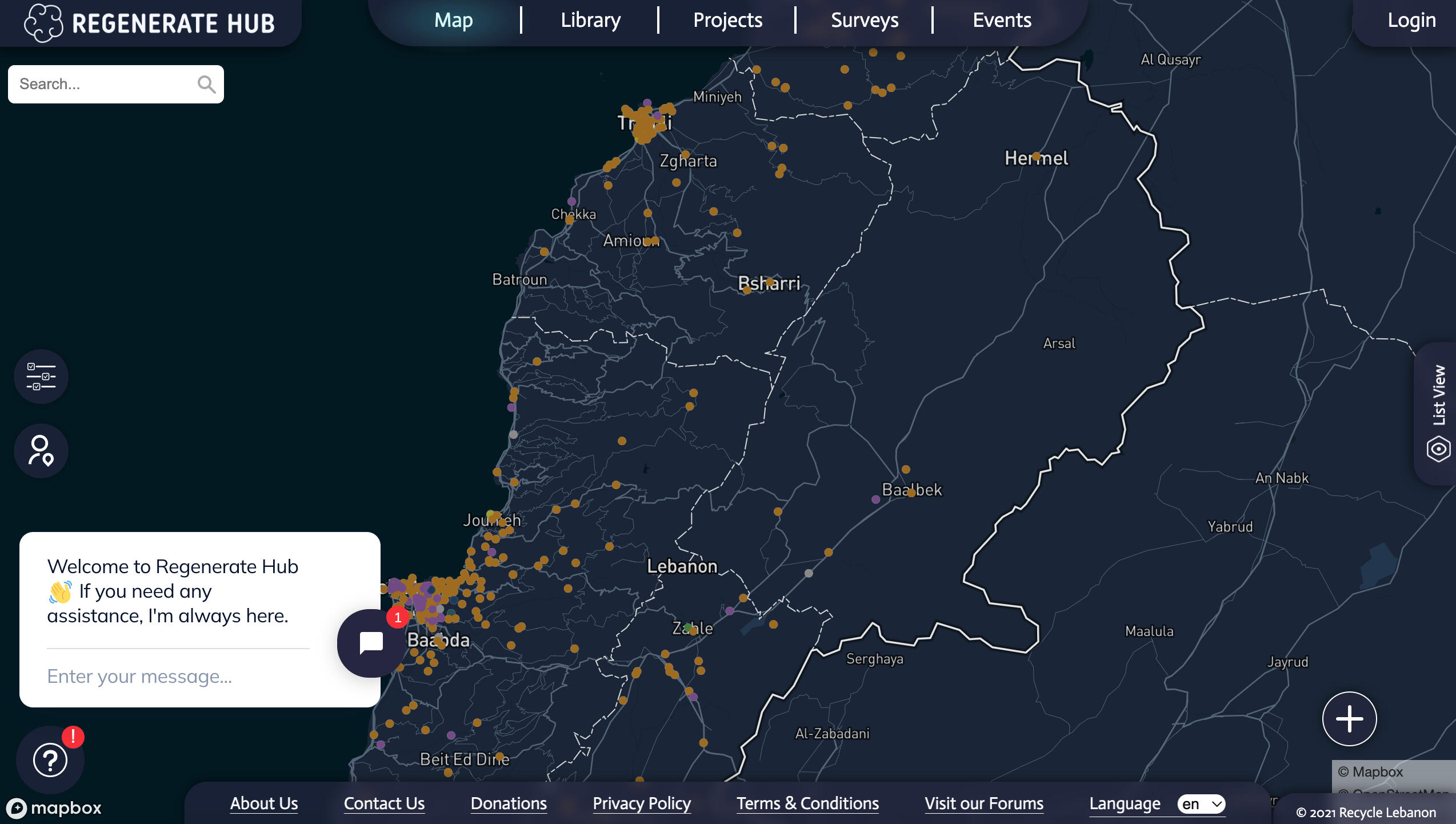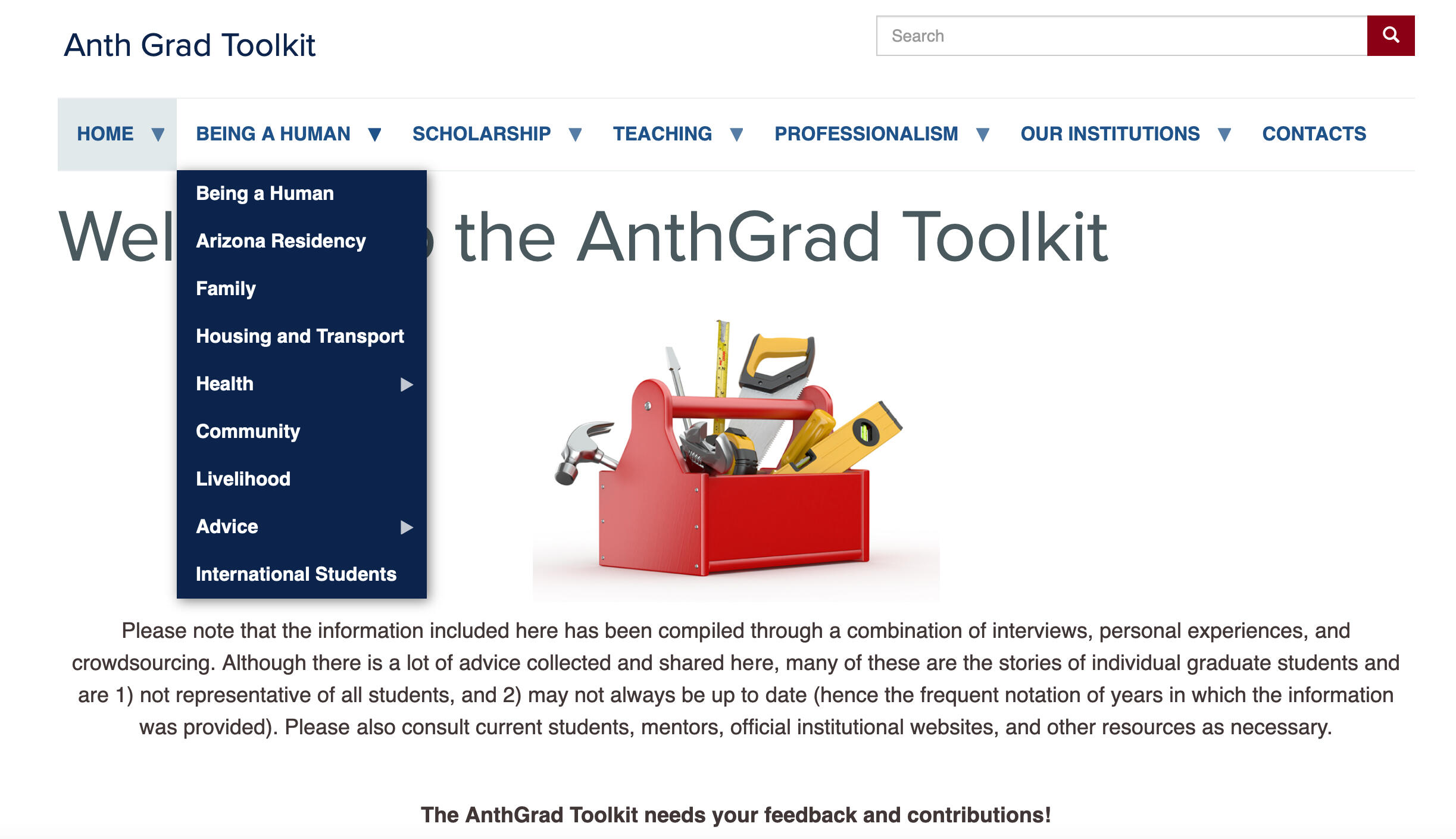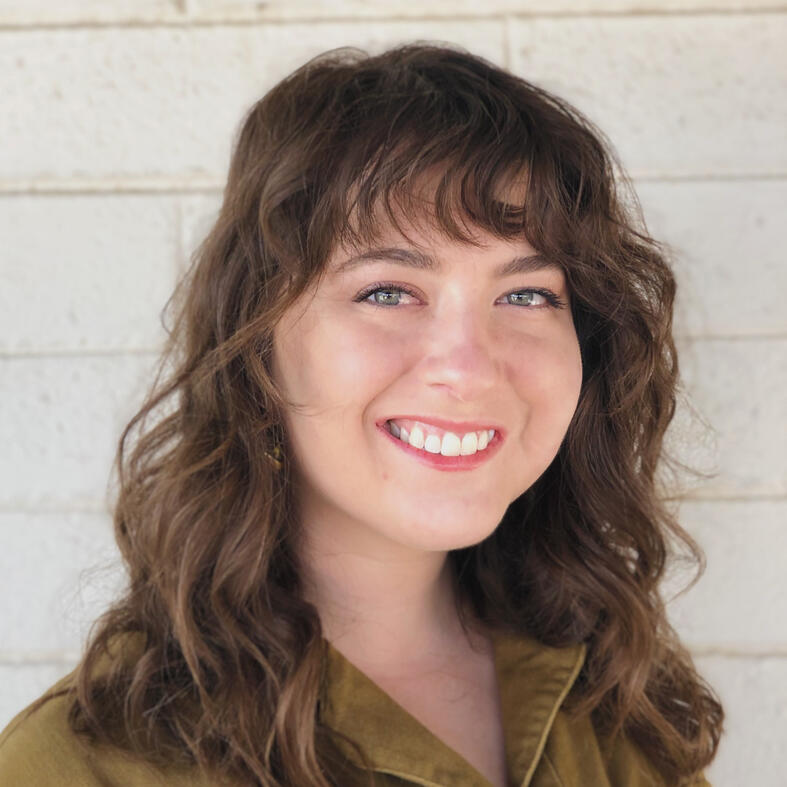
Dr. Rachel A. Rosenbaum
Cultural Anthropologist, Design Researcher, Strategist, Educator, Consultant
Technology and Design
I am passionate about designing programs, systems, and technologies rooted in the methods and ethics of anthropology. These methods center humans, the environment, and social justice to design more equitable worlds. My skills lie in tech strategy, design research, user experience, and user interface.
Education
As a life-long nerd, I love sharing my knowledge through teaching and mentorship. I've designed university-level courses for a number of settings and diverse learners, from small groups to large lecture halls to prison classrooms. I also excel in one-on-one mentorship and coaching from working in grant writing and research mentorship for 5 years.
About me
Born and raised in Colorado, I received my B.A. in Anthropology and Global Studies from Colby College in Waterville, Maine. Introduction to anthropology was the first class I took in college. I was immediately enthralled by how the discipline encourages people to challenge their assumptions about people and the world through exposure to different cultures’ perspectives and practices. To me, this is what good science should do: lead you to question and think critically about the world around you. This training in critical and empathetic thinking inspired me to work in the non-profit industry, where I designed mechanisms to evaluate the impacts of social programs aimed at increasing gender and racial equity worldwide and then communicated those impacts to broad audiences. I then chose to pursue a doctoral degree to use anthropological thinking and methods to build tangible tools to better society.I entered the PhD program in Anthropology at the University of Arizona in 2016 and earned a Master's Degree in 2018. My regional expertise is in Lebanon, the Middle East, and the United States and I speak Arabic and Spanish. I've been living and working between the U.S. and Lebanon since 2012. My research interests broadly center questions of power and violence with an emphasis on the relationship between infrastructure and inequality and how the design of systems like waste management and electricity utilities impact our environments and everyday access to resources.Complementing my dissertation research, I collaborate with an NGO, Recycle Lebanon, on a software called Regenerate Hub (regeneratehub.org) that maps infrastructural problems, primarily in the MENA region, and guides the public to circular economy solutions. As the product and research director, I have been able to pursue my passion for embedding social and environmental justice into technology products.When I'm not geeking out over anthropology, infrastructure, and tech, I love cooking, crafting, and talking politics. Ask me about my bread recipes and new journey in ceramics!
Research
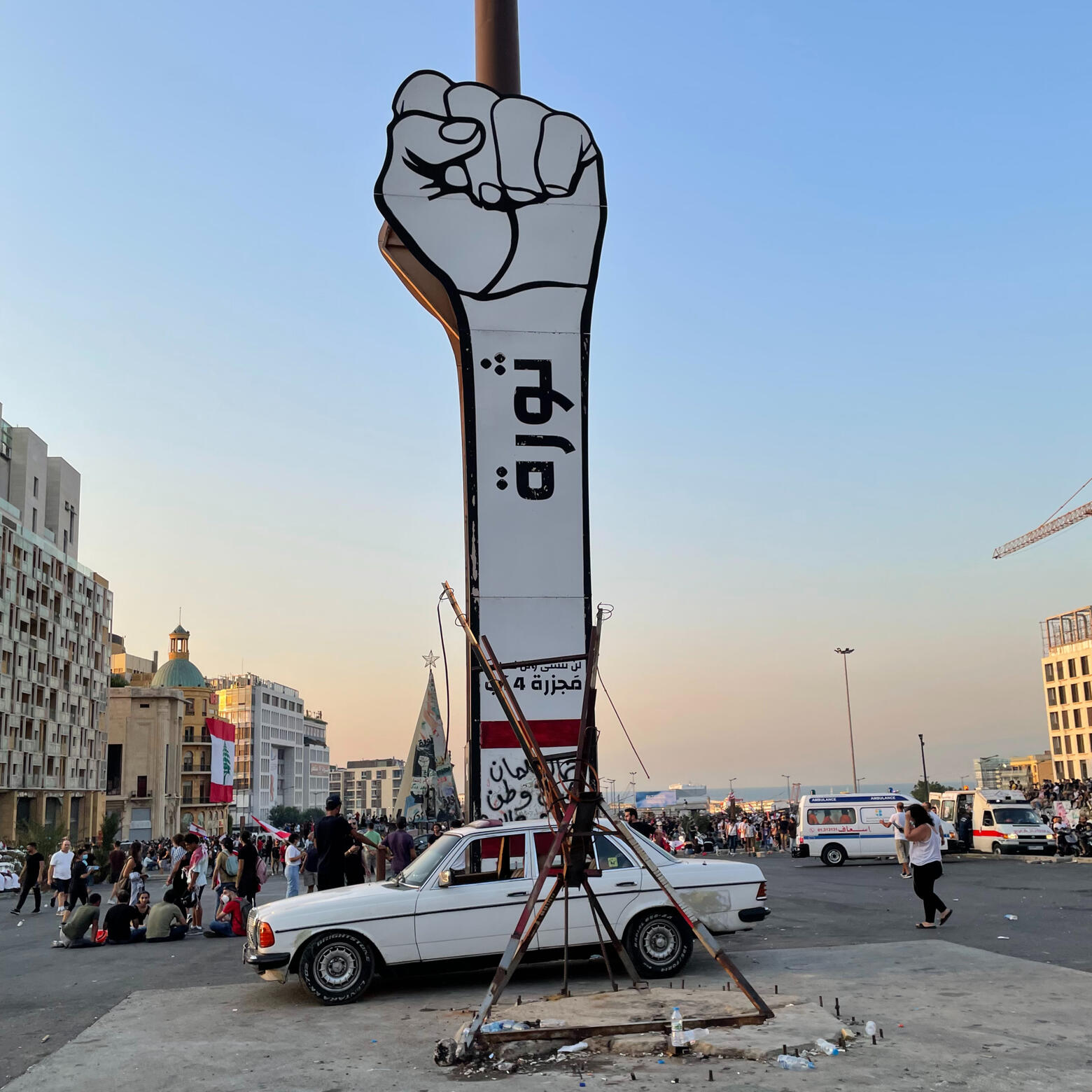
My research broadly explores the relationships between culture, power and technology, and specifically the roles played by infrastructure, violence, and inequality in society. Infrastructure studies is exceptionally well positioned to contribute to social justice—for instance by investigating how infrastructural access (i.e. to public transport or clean water) shapes experiences of racism or poverty, as well as the effects of differing approaches to inclusive design at various scales. How, when, why, and by/for whom infrastructures are produced, maintained, and repaired reveals insights about the everyday of power relationships and the spatial production and design of our environments.
My dissertation research theorizes infrastructural violence not only in terms of how infrastructures are used as technologies of war and terror, but also as mechanisms of environmental and bodily harm, everyday deprivation, neglect, and collective trauma, as well as creativity, political action, and survival. My work invites readers to think broadly about the role of infrastructure—both spectacular and mundane—in the contemporary world, as people struggle to create more inclusive and environmentally sustainable cities, foregrounding the long-term effects of infrastructural entanglements and inequalities, and efforts to counteract these.Collaborative research is my preferred method and I've worked with environmental justice activists for a decade to make my research responsive to the concerns of climate change and social inequality. I am trained in a wide range of ethnographic methods from research design to analysis to communication. I specialize in applying these methods [participant observation, semi-structured interviews, focus groups, walking interviews, participatory action research, archival analysis, and digital methodologies including online interviews and the use of geospatial technologies, podcasts, and social media analysis] to approach complex questions.I use SPSS and R for quantitative data analysis alongside excel and airtable. For qualitative analysis I use NVivo for data management, theme identification, coding and content analysis, and discourse analysis.I am always learning new methods and utilizing new tech tools to power the research process - share some of your favorites with me!
Publications
Rachel Ann Rosenbaum & Joslin Faith Kehdy. 2022. "Cultivating circular economies in the gaps of governance: lessons from Lebanon’s ecosystem of CE micro projects". Local Environment, DOI: 10.1080/13549839.2022.2040466
Rosenbaum, Rachel. 2021. "Caring in Crisis: Challenges and Lessons in Practicing Collaborative Research in 2020." Climas Assessment for the Southwest Blog.
Rosenbaum, Rachel. 2019. “Recycle Lebanon.” Climas Assessment for the Southwest Blog.
Rosenbaum, Rachel. 2017. "Can the Subaltern Body Speak? Deconstructing the Racial Figures and Discourses of 'Terrorism'." Arizona Anthropologist - Vol 28.
Rosenbaum, Rachel. 2017. "Make Food, Not War: The Role of Food and Intimacy in Spaces of Conflict and Tension in Lebanon – The Case of Souk el Tayeb". Perspectives: Political Analyses and Commentary- Volume 12. Middle East and North Africa.
Rosenbaum, Rachel. 2013. "Finite to Fail, Infinite to Venture: Interactivism and Relational Ethics". Honors Theses. Paper 715.
SELECT PRESENTATIONS, WORKSHOPS, & INVITED TALKS
May 2023: Public talk at the University of Arizona: “Maintaining, Repairing, and Living with Ruins of Violence: Infrastructural Politics in Lebanon.”
November 2022: Talk entitled “’Ma fi kharaba, ma fi shi’ (There is no electricity, there is nothing)”: Infrastructural Intimacies in Lebanon” on the panel “Infrastructural Intimacies: Governance and Violence”. 121st Annual AAA Conference in Seattle, Washington.
November 2022: Talk entitled “Everyday Encounters: Navigating Infrastructural Precarity in Beirut, Lebanon” on the panel “Cityscapes of Precarity: Navigating Vulnerability and Possibility in Urban Life”. 121st Annual AAA Conference in Seattle, Washington.
September 2022: Invited talk for the Anthropology Society in Lebanon, “Fuel-dal Lords, Cement Cartels, and Civil Servants: Sustaining Crisis through Infrastructural Governance in Lebanon”
August 2022: Invited presentation on Regenerate Hub platform at the Green Innovation Days Conference - GrID2022 in Beirut, Lebanon.
Summer 2021: Selected participant in the “Lebanon Summer Dissertation Institute” organized by the Arab Studies Association.
April 2021: Discussant for keynote talk and seminar with Dr. Eyal Weizman entitled “Forensic Architecture’s Art of Accountability Under Neoliberalism” at the ARCC 2021 International Conference in virtual Tucson.
March 2021: Invited talk with my colleague Joslin Kehdy at Duke University’s Environmental Justice Symposium.
October 2019: “Regenerating Lebanon: Building Environmental Infrastructures in Beirut”: Invited talk by the Climate Assessment for the Southwest (CLIMAS), Institute of the Environment.
November 2018: Panel presentation entitled: “Resisting Confinement: Policing, Prison, Occupation.” 117th Annual AAA Conference in San Jose, CA.
November 2018: Invited participant in “Religious Nationalism” workshop with Dr. Charles Hirschkind and Dr. Nurhaizatul Jamil. 117th Annual AAA Conference in San Jose, CA.
April 2018: “The Politics of Movement: Racialization, Religion, and Migration”: Northwestern Buffett Institute for Global Studies Conference. Paper entitled: “Being a ‘Stranger’ in Familiar Lands: Racializing Syrian Refugees in Lebanon.”
November 2017: “’Us’ and ‘Them’: Shifting Lines of Exclusion and the Legacy of Ned Spicer”: Invited talk on Xenophobia in Lebanon, hosted by the Spicer Foundation.
March 2017: 17th Annual Southwest Graduate Conference in Middle Eastern and North African Studies, Levantine Studies Panel. Paper Entitled: “Being a ‘Stranger’ in Familiar Lands: Syrian Refugees in Lebanon.”
Technology and Design
I am passionate about designing more equitable and accessible services and tools. Technology provides an opportunity to influence ethical and inclusive design to drive lasting change in complex contexts.I have five years of experience working with client, product, design, and engineering teams [both remotely and in person] to define strategy and priorities and shape roadmaps for technology products. I particularly thrive in applying human-centered design and user research methods to solve business problems. In my roles, I synthesize, recognize patterns, and make sense of complex inputs in order to make the best and most inclusive products possible.
Projects and Products
Online Education Products (2023):
I was a course designer, instructor, and digital education consultant for online courses in anthropology for the University of Arizona's School of Anthropology. I conducted program evaluation and spearheaded the process of online course approvals within the college of Social and Behavioral Sciences while evaluating challenges to optimize future approvals through designing educational resources and course templates. I set the department up for success in online education by creating a new web template and extensive resource guides for instructors to make courses consistent, engaging, and in line with pedagogical best practices.
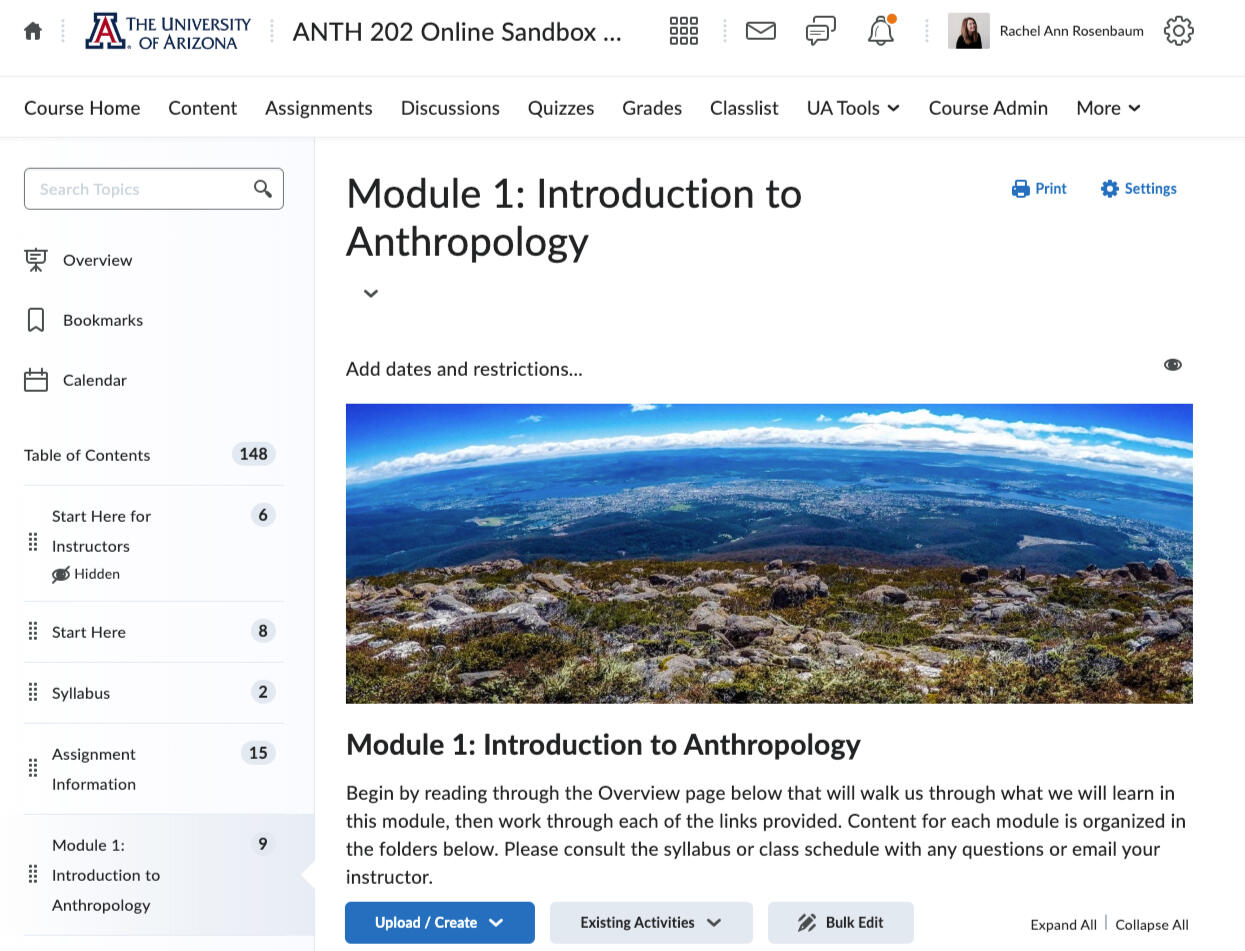
Regenerate Hub (2019 to 2023):
As the product and research director of Regenerate Hub, I owned product development, research, and strategy efforts for regeneratehub.org, a groundbreaking platform mapping sustainable development data, facilitating cross sector collaboration, and leading data sharing and visualization initiatives in Lebanon, the MENA region, and beyond. I secured $150k+ in start-up funding for the platform and conducted user research with 4 key stakeholder groups (civil society, government, private sector, and sustainability-minded individuals) to inform the product design. I then led the first phase of development and product management, liaising between target end-users, the engineering teams, and our non-profit staff. I managed the day-to-day development roadmap and usability testing. In the second phase of product development, I hired a full data science team to innovate the product further, training them on the vision of the platform and the best methods for refining the data collection and contribution tools.
AnthGrad Toolkit (2018 - 2019):
I conducted qualitative research (one-on-one interviews, surveys, and moderated group conversations) with 50+ graduate students at the University of Arizona in order to collect data on the most common pain points for finishing a higher education degree. I synthesized the findings into a grant application, receiving $32k to develop a website to help reduce time to degree for anthropology graduate students. I then steered the hiring committee for research assistants and engineers to bring the vision to life, creating personas and website roadmaps/wireframes to translate the research findings into the end-product.
Education
Being an educator is more than classroom teaching, rather, it is a process of helping people harness their value and skills through the application of new knowledge. As an educator, my primary aim is to foster an inclusive learning environment that illuminates how diverse tools and concepts are relevant and transformational for diverse learners and a wide range of future careers.At the University of Arizona, a Land-Grant and Hispanic Serving Institution, I taught students from highly diverse backgrounds both on campus and through the University’s Prison Education Project. Throughout my diverse teaching experiences, I provide a high level of mentorship to students who struggled in their learning environments and who would not otherwise seek outside help like office hours or writing support.As a doctoral student, I also mentored hundreds of female identifying graduate students and faculty in grant writing and fundraising skills for academic research. This was as a research associate for the “Social and Behavioral Sciences Research Institute” and as a peer mentor for first-year women-identifying graduate students in Anthropology. It is proven that female academics in certain fields submit grants far less often than their male counterparts, making mentorship in this area critical to the future success of female academics.In my professional positions in the non-profit world, I've trained and mentored colleagues, staff, and stakeholders in wide-ranging skills from grant writing to data collection to using unfamiliar tools like Salesforce.
Administration and Consulting Services
I've honed skills in strategic administration throughout my career, specializing in non-profit to social enterprises. I am passionate about helping organizations enhance their positive impacts through evaluating operational challenges and areas for service improvement. I offer consulting services and provide skills in the following areas:
Research Planning and Execution
Many organizations lack the budgets to hire research teams, but need guidance on how to better deliver services to their stakeholders. I offer research consulting for organizations, targeted to each team's needs. I design a research plan and collaborate with organizations to tailor that plan and the research methods to a tangible outcome.
Program Evaluation
Mobilizing my expertise in qualitative and quantitative research, I provide impact evaluation audits and help organizations develop measurement frameworks against key performance indicators (KPIs). I can aid organizations by evaluating your current data management strategies for various impact streams (e.g., program data, fundraising data) and provide action roadmaps, recommendations, and technological solutions to beef up evaluation strategies in the short and long term.
Equity Accessments
I provide detailed equity assessments to evaluate how inclusive products and services are while identifying necessary improvements in diversity and inclusion policies. Through pairing research with ethics, I can help identify gaps in service provision and bias areas in business operations.
Fundraising Strategy and Grant Writing
During my time in non-profit fundraising, I've raised over $7M in funding for Pencils of Promise and Grameen America and secured all start-up capital for the Regenerate Hub platform by Recycle Lebanon. I have experience working with both U.S. domestic and international donors in the corporate, federal, foundation, and individual funding verticals. I also have expertise in academic and research funding, working for five years to help graduate students and faculty raise millions of dollars for their research. I excel in relationship management and helping organizations navigate the complex funding landscape. I can provide clients with grant writing services and fundraising strategy consultancies.
Strategic Planning
I think big picture, but love breaking down the small details to get teams towards their big goals. I've led and contributed to strategic planning in diverse settings from large non-profits to academic departments to social enterprises. The way I work is ethnographic, taking a deep dive into an organization's culture, context, and history to inform future directions. I interview stakeholders, clients, and staff to understand the pain points, goals, and practices in your organization and work with management to create a tangible roadmap to meet your goals. I can also provide support to business and organizations who are looking to incorporate greater social (e.g. gender and racial equity) and environmental justice goals and impacts into their work and culture.
